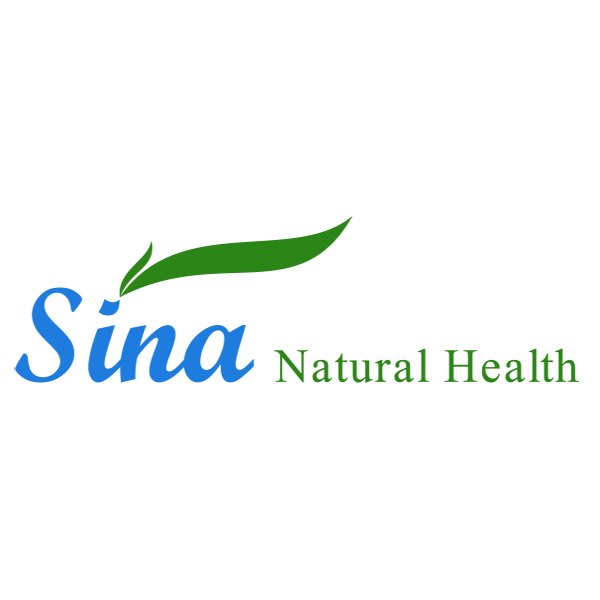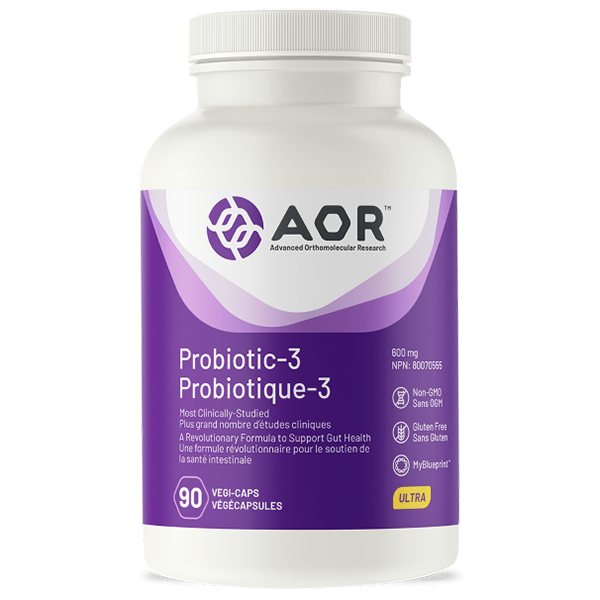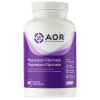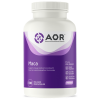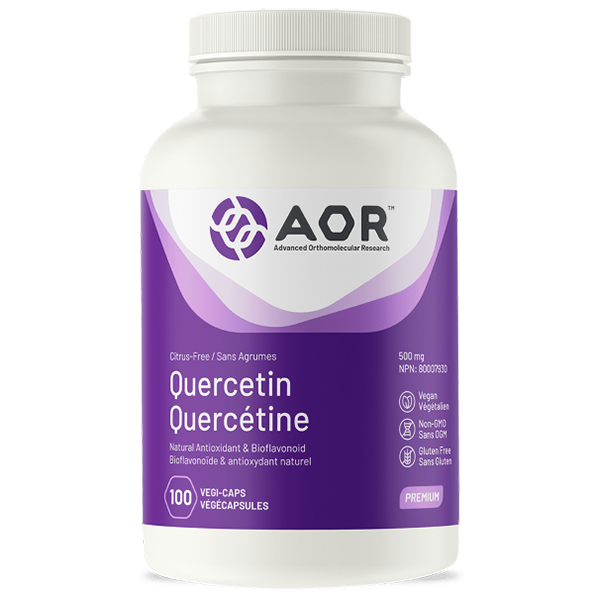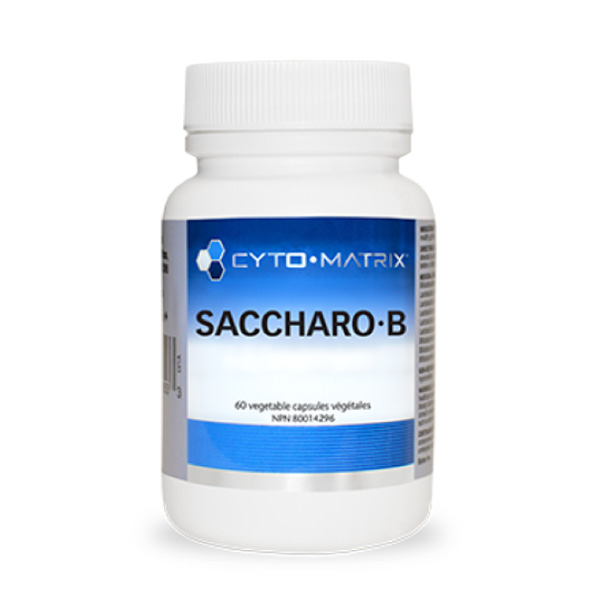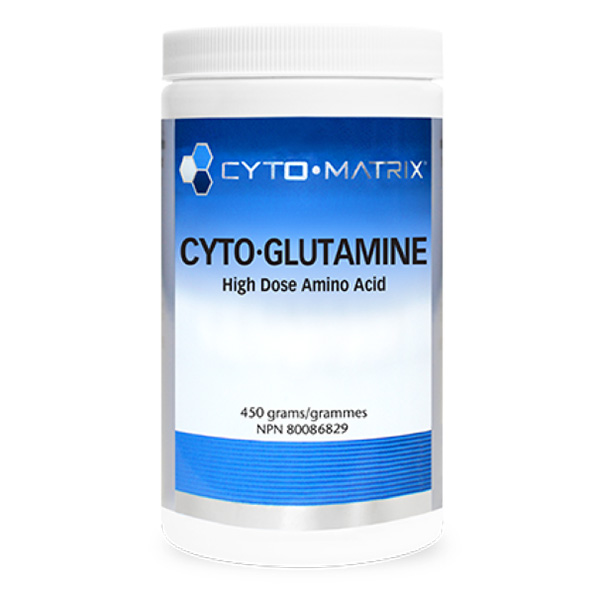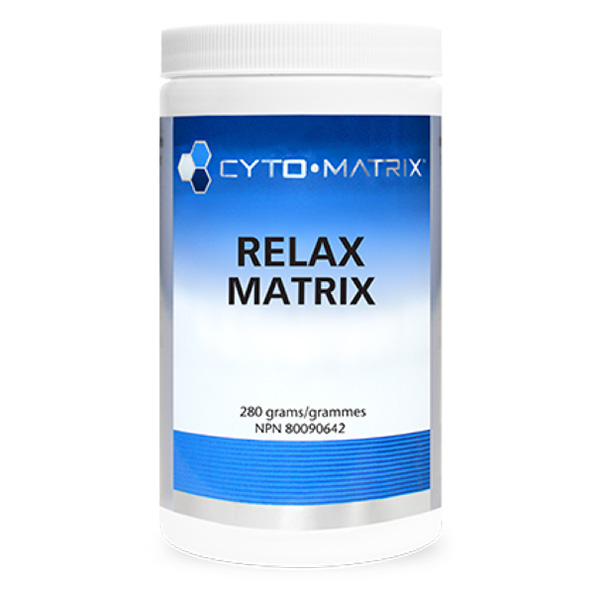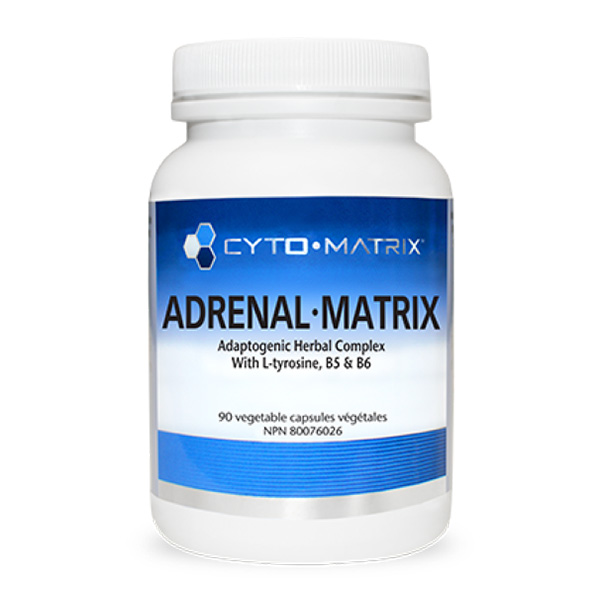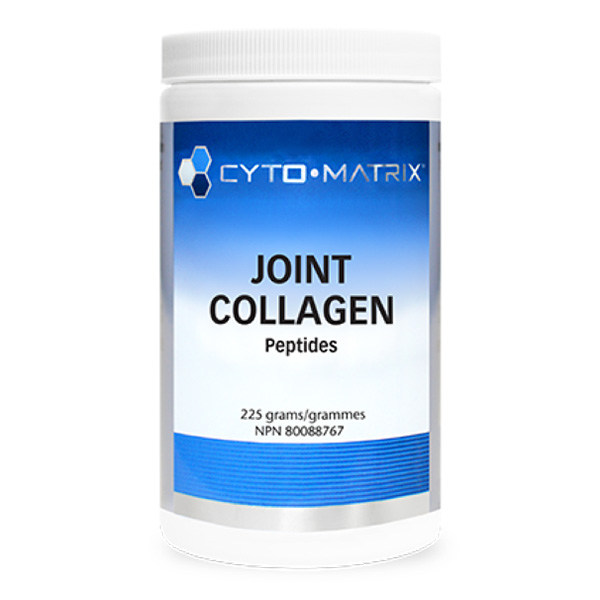AOR – Probiotic 3 600MG 90 VC

$45.96
A clinically proven formula that works like a prebiotic, probiotic, symbiotic, and postbiotic all in one to support microbiome and gut health.
- The only formula that has unique probiotics as well as supporting strains to increase colonization and effectiveness, and naturally produces short chain fatty acids like butyrate and propionate!
- Reduces the growth of pathogenic bacteria while promoting the growth of beneficial bacteria like Bifidobacterium and akkermansia.
- Normalizes the inflammatory response, promotes detoxification, supports immunity and provides relief from allergies
- Proven to help prevent traveler’s and antibiotic-induced diarrhea
- The only probiotic in Canada that includes a strain which produces clinical amounts of butyric acid.
In stock
The gut microbiome is essential to normal health and well-being all over the body. Probiotic-3 is a unique synergistic probiotic formula that contains three bacterial species with specific health-promoting attributes: Enterococcus faecium T-110, Clostridium butyricum TO-A, and Bacillus subtilis TO-A. While these three strains are newer to the North American market, they have been widely used in hospitals and pharmacies throughout Asia since the early 1960’s.
C.butyricum TO-A is a natural resident of the human gastrointestinal tract. It breaks down dietary fibre into short-chain fatty acids (SCFAs); butyrate, propionate and acetate. The benefits of these SCFAs include reduced inflammation, protection against intestinal damage,1 thereby preventing “leaky gut” syndrome, improved insulin resistance and immune support.2 E. faecium T-110 is a natural resident of the human gastrointestinal tract that works with C. butyricum to create a balanced microbiome. It produces lactic acid, which reduces the gastrointestinal pH, thus preventing the growth of harmful bacteria.3 It has also been shown to reduce the severity of acute diarrhea. B. subtilis TO-A is a prebiotic that supports the growth of E. faecium and C. butyricum, to increase their growth by 10 times.
Clinical studies have shown wide-ranging health benefits including allergy reduction,4-6 improved immunity, reduced bloating, constipation and diarrhea, positive effects on cognition, depression, anxiety and even enhanced detoxification. Additionally, Probiotic-3 is the only probiotic product in Canada that contains a strain of bacteria from the Clostridium family, which has been shown to have antagonistic effects against several pathogenic bacteria such as C. difficile, H. pylori, and E. coli.
AOR Advantage
Probiotic-3’s unique symbiotic formula combines three human strains that have been clinically studied in more than 40 human studies. It is stable at room temperature and is highly resistant to bile and gastric acids. Additionally, this formula has 60 years of use in hospitals and pharmacies throughout Asia. Each strain was carefully chosen to ensure synergy and safety with the others.
References:
- Glocker E-O, Kotlarz D, Boztug K, et al. Inflammatory Bowel Disease and Mutations Affecting the Interleukin-10 Receptor. N Engl J Med. 2009;361(21):2033-2045. doi:10.1056/NEJMoa0907206.
- Hayashi A, Sato T, Kamada N, et al. A single strain of Clostridium butyricum induces intestinal IL-10-producing macrophages to suppress acute experimental colitis in mice. Cell Host Microbe. 2013;13(6):711-722. doi:10.1016/j.chom.2013.05.013.
- Takahashi M, Taguchi H, Yamaguchi H, Osaki T, Kamiya S. Studies of the effect of Clostridium butyricum on Helicobacter pylori in several test models including gnotobiotic mice. J Med Microbiol. 2000;49(7):635-642. doi:10.1099/0022-1317-49-7-635.
- Zhang J, Su H, Li Q, et al. Oral administration ofClostridium butyricumCGMCC0313-1 inhibits β-lactoglobulin-induced intestinal anaphylaxis in a mouse model of food allergy. Gut Pathog. 2017;9:11. doi:10.1186/s13099-017-0160-6.
- Bin Lan B, Yang F, Lu D, Lin Z. Specific immunotherapy plus Clostridium butyricum alleviates ulcerative colitis in patients with food allergy. Sci Rep. 2016;6(1):25587. doi:10.1038/srep25587.
- Cai M, Zeng L, Li L-J, et al. Specific immunotherapy ameliorates ulcerative colitis. Allergy, Asthma Clin Immunol. 2016;12(1):37. doi:10.1186/s13223-016-0142-0.
null
| Weight | 0.1 kg |
|---|
